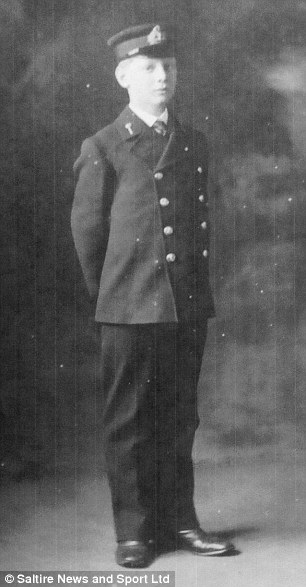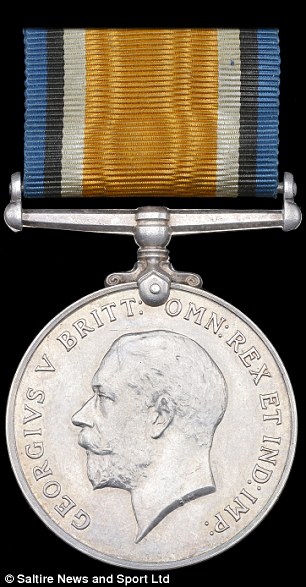It was on 1st November 1914, the era of First World War when the British cruiser HMS, Monmouth, was sunk by the German cruiser, Nurnberg causing a huge British loss. “Goodbye darling with my loves and kisses”, these were the last words used in a letter by the fifteen year old young mariner, George Watson Muir. He wrote this letter when he was on the British cruiser HMS, Monmouth on his way to Chile for fighting the Battle of Coronel. And this was the first and last war of his life, where he fought till the end to save his nation’s pride.
George was born in Edinburgh, Scotland. He was son to Andrew Gray Muir and Mary Elizabeth Muir. Though very young to his age, George Muir shared some of the very strong characteristics of a matured man, one who is well aware of the ways of life. George was a boy of positive attitude, who always found happiness out of a miserable situation. He was full of passion and these traits can be found in his letters that he sent to his family.
“September, 8, 1914 – How’s Dads and all of you? I hope I will see you soon again. I will have had the experience and hardships that does not come every day in a boy’s life like mine”, the hardships that George mentions here already arrived in his life two weeks prior to writing this letter, with no food, etc. In this letter he also expressed his desire to become a Midshipman, “when the war is over”. Throughout his letters his tone of writing is very positive and full of hope. It seems there is nothing to be worried about but as a matter of fact, the kind of life that he was having on board was not that easy.
In another letter dated September 21, 1914 which ultimately turned out to be his last letter, he wrote, “How the time does go. Fancy I would now be back at college instead of being out here looking for German ships”. In the end he completed his letter by drawing a sketch of his ship and wrote “Goodbye darling with my loves and kisses”
By the time his letters reached home to his mother, he was already dead, leaving all his aspirations behind. After his death, his parents got an insensitive, brief telegram from the Admiralty stating ‘Regret that loss Monmouth with all on board must now be presumed’; along with this there was a British war medal with their son’s name inscribed on it. However, this precious medal was lost by the family for decades and now it has surprisingly re-emerged at an auction last year, the Mail Online reports.
This medal was sold to Richard Emsley London based Royal Navy medals collector, for a three figure sum. But now he agreed to sell it at an auction. It is 77 year old Mary Baker, niece to George Muir, who after hearing about the auction contacted the auctioneer, Dix Noonan Webb, and expressed her wish to purchase it. When asked she said, “It was an emotional moment when I first saw the medal and saw George’s name inscribed around its edge. All my family are thrilled about this.”
On 8 December 2014, in a memorial service in London, George’s family will be taking this medal to mark the centenary of the British loss in the Battle of Coronel and British victory in the Battle of Falkland islands. The medal will be handed over to William Muir, the great nephew of George Muir.

